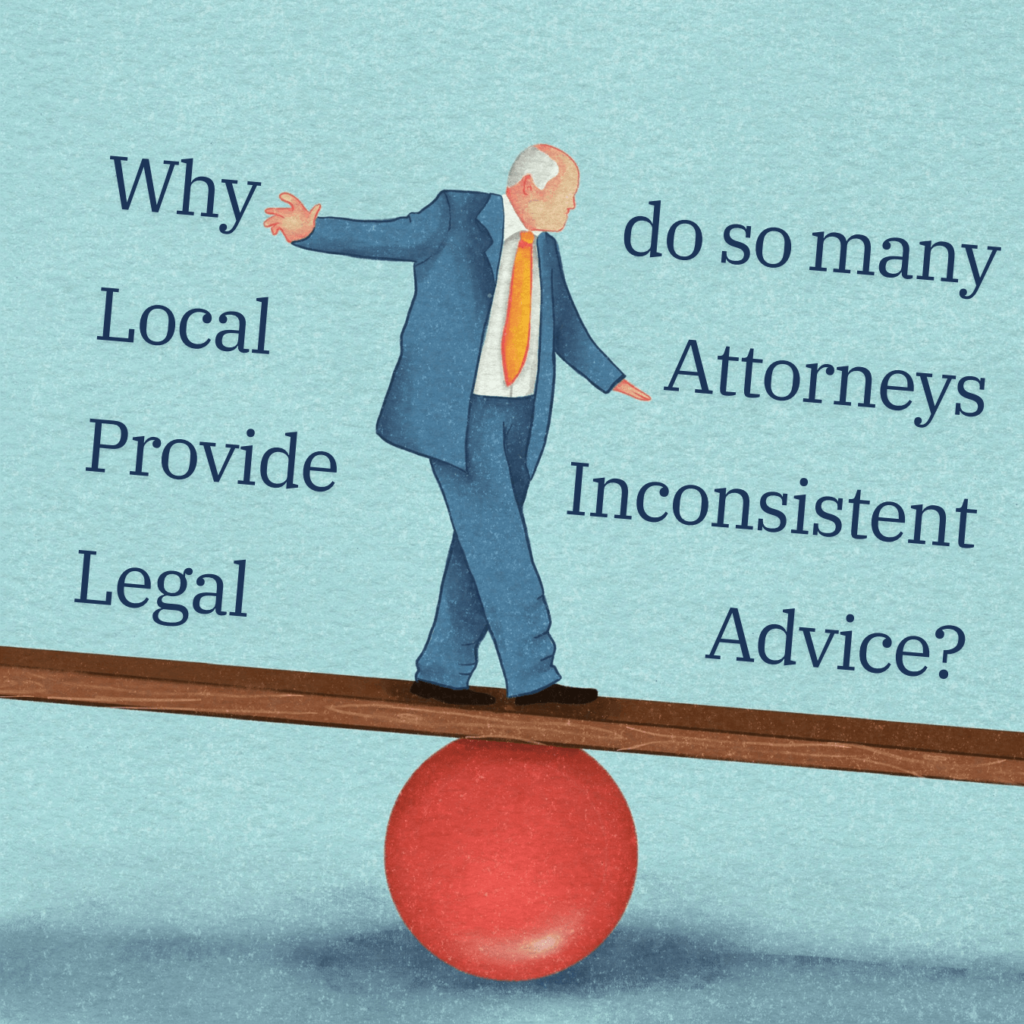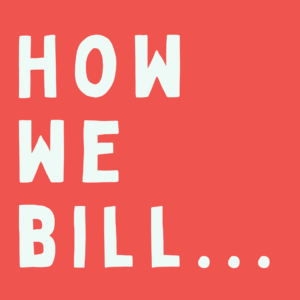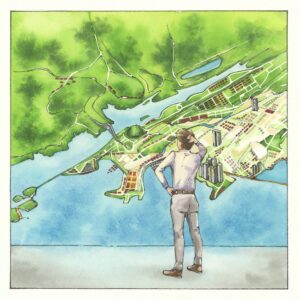My husband frequents some of the expat Facebook groups, and this is a question that came up in some of the comments last week.
I´ll paraphrase the post:
Several people here have mentioned talking with your attorney. But the problem you will face in Panama is that if you ask five different attorneys you´ll get at least five different answers. One of the things I miss about the USA is that, in general, the laws are written with enough quality that you understand what is and is not allowed.
So do you really get particularly contrary legal opinions from different Panamanian attorneys? My husband is a US-educated attorney, so we had some good heady discussion around this. I’ll share some of our thoughts on the question.
Is it True that Panamanian Lawyers Often Give Contradictory Legal Opinions?
I am afraid there is probably some truth to this accusation that Panamanian attorneys often give contrary legal opinions. And it is evident from the fact that even expats who have been here for a while get a ton of value from engaging with other expats on social media and community WhatsApp groups when it comes to tax questions, consumer protection laws, travelling with pets, driving laws, real estate transactions, libel laws, etc.
Is it True that US Law is Much Less Ambiguous?
In typical lawyer fashion, my husband says the answer is “yes and no”.
In fact, ambiguity comes up all the time in US law, because there are an infinite number of unique scenarios that can and do present themselves within an endless number of different contexts.
However, the US Common Law system is sort of set up specifically to address ambiguity. In the US, there is tons of case law where the courts articulate their reasoning in applying the law to varying fact patterns. The opinions issued by US judges go beyond just delivering a result. We get to understand the court’s interpretation of the law’s underlying policy, the way it has been applied in similar cases, and its application with respect to the current case.
Panama’s Civil Law System
We don’t have this type of access to a plethora of case law under Panama’s Civil Law system. We just have what is written in the statute or code. So when an unusual or slightly ambiguous fact pattern presents itself, attorneys may speculate as to the outcome based on their particular and inevitably limited anecdotal experience. Naturally, different attorneys may reach contradictory interpretations as to the outcome and how the law may / should / will apply, and it sometimes results in contrary legal opinions.
An Academic vs. Practical Profession
I remember when my husband was in law school. He and his classmates spent a ton of time reading case law and trying to understand the parameters of the courts’ interpretations of the laws from different angles and across different jurisdictions. Then they would write briefs arguing how and why a point of ambiguity should be interpreted in favor of their fictional clients.
US attorneys are trained to “spot the issue” – the legal question on which the application of the law depends. For example, in a contract case the “issue” may be whether a contract was created. This may depend less on whether a formal document as signed, but rather whether there was evidence of a “meeting of the minds”, an “offer and an acceptance”, or whether the parties offered mutual “consideration” such as a payment of money that induces the other party to transfer a property title.
All of that sounds theoretical and intellectual, because it is. I think the US law school experience is quite “academic” compared to law schools in Panama and much of Latin America. It is all about teaching upcoming attorneys a specific, structured way of thinking about the law.
Meanwhile, I think our legal education is more practical and focused on knowing where to read the law (codes, executive decrees, issued laws, etc.) and how processes work. We aren’t taught to relish in the ambiguity like US lawyers, but rather to find the quickest route to a conclusion.
And this is just my hypothesis – the fact that Panamanian attorneys may take a less scholarly approach to the law may result in Panamanian laws being written in a way that leaves more room for ambiguity. And that results in contrary legal opinions when lawyers try to make sense of it all.
Strength of Institutions
I think this is also a big factor. In Panama, we have elections every 5 years, and that means that every 5 years a bunch of people lose their government jobs when they are appointed by new people affiliated with the winning party. Effectively, the government comes under new management, and this can result in significant changes in the way legal processes are managed and prioritized.
You might be thinking, “Yes, but in the US we have elections even more frequently.” That is true, but in the US you also have stronger institutions than we have in Panama? That could be because Panama is a small, relatively young country that has grown extremely fast over the last few decades. My husband says Panama probably exhibits a form of “delegative democracy”, referring to an article he read 20 years ago in college and still references in conversations at every opportunity.
A Relationship Driven Society
Another important factor is probably the role that relationships play in legal processes in Panama. I am not referring to corruption, even though that definitely exists. What I mean is that knowing who to call and having access to “contacts” especially in government offices often makes a huge difference when it comes to understanding how legal questions are being interpreted and avoiding getting lost in endless bureaucracy.
This is why your attorney may often mention “calling my contact” as a first step when a client calls with a legal question.
Bottom Line?
The legal system in Panama is quite different from the US. And if you ask the same question to different Panamanian attorneys, you may sometimes get varying and contrary legal opinions. This definitely happens in the US as well, but it probably happens more often in Panama’s civil legal system.
Panama is also a relationship-driven society. And I think the most important thing is to work with an attorney you really trust and with whom you can effectively communicate. Your attorney should understand and answer the question you are asking first, and second should be able to tell you if there may be other additional questions that you should be asking. And your attorney should straightforward with you and should refer you to someone else if your legal issue is beyond his/her experience or outside the scope of practice.
If you have a legal question, then I would be happy to try to answer it or to refer you to someone if your question falls outside my area of expertise. You can email me at tamara@theindependentlawyer.com. And if you enjoyed this article, then be sure to check my Legalese Blog for more content.







